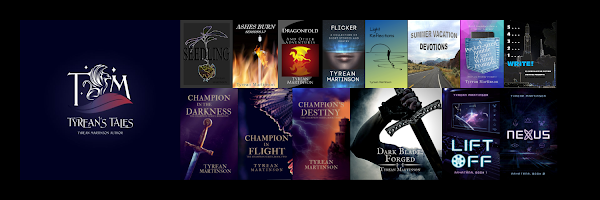There’s a particular kind of hush that settles over the Pacific Northwest in winter—the gray sky, the damp air, the evergreen edges of everything. It can feel cozy… and it can also feel heavy. This year especially, with storms and flooding affecting so many, I’ve found myself holding joy more gently—grateful for what I have while praying for those who are facing loss and disruption.
That’s part of why I love Christmas Eve worship so deeply. Every year, one of my most meaningful traditions is singing carols in a sanctuary full of voices—and then, when the lights dim, singing “Silent Night” by candlelight. It’s such a simple moment, but it grounds me in truth: God’s light shines in the darkness. Jesus is the Light of the World—our Emmanuel, God with us.
In today’s podcast episode of The Truth About Storytelling, I’m joined by Susanne Bacon, author of the Wycliffe novels—stories that capture the texture of the South Puget Sound with a vivid sense of place. Susanne builds a fictional town readers can picture clearly: the waterfront and ferry terminal, an uptown and downtown divided by a steep cliff, the islands and Olympic Mountains on the horizon, and the shifting smells of tide and season.
What we talk about in this episode
How “local flavor” builds reader immersion
Susanne shares how she weaves recognizable locations and regional details into her stories—places like Tacoma, Lakewood, Seattle, Hood Canal, and more—so readers feel like Wycliffe could be just around the bend.Journalism, observation, and character conflict
With a background in journalism, Susanne talks about being an “outsider-observer,” listening to people’s stories, and how those real human complexities shape fiction (without ever being one-to-one).Landmarks as living metaphor (hello, lighthouse!)
We dig into the way a landmark can become more than scenery—like the lighthouse in Last Light, which turns into a community pivot point and a symbol of hope, rescue, and faith.Weather and seasonal rituals as story engines
Storms, floods, gray skies, comfort food, and holiday gatherings—Susanne explains how weather and seasonal rhythms can heighten emotion and reveal character.Staying consistent across a long series
Susanne shares her practical approach: lists, character notes, and timelines—especially when you’re juggling a town full of recurring people and businesses.







.jpg)




.jpg)

.jpg)


